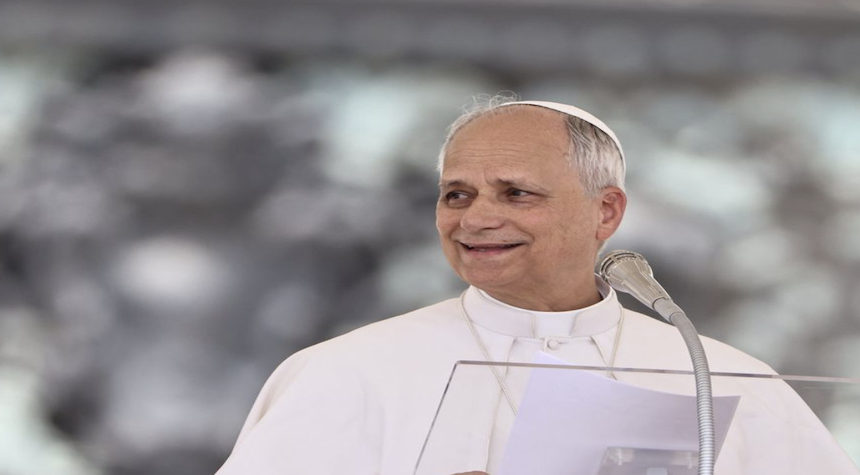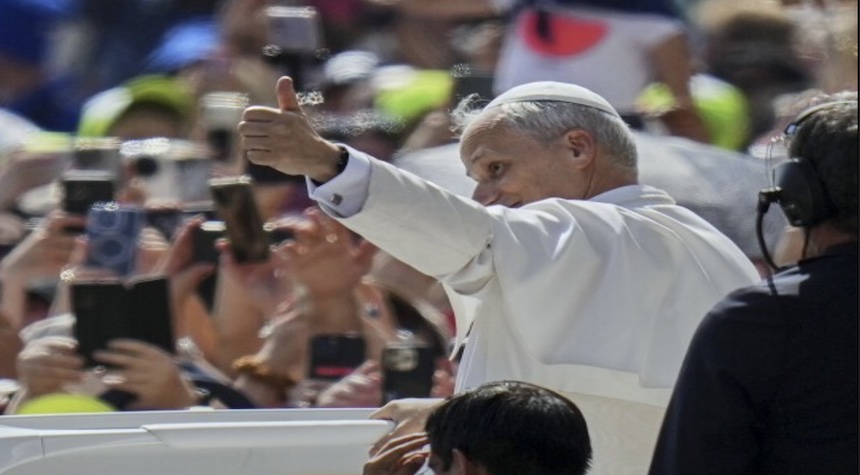Pope Leo XIV, the current pontiff and first American to hold the esteemed position, has addressed a topic of growing concern in the modern era – the potential effects of artificial intelligence on the intellectual, neurological, and spiritual development of the younger generation. His concerns were aired during a conference on AI and ethics, a part of which was hosted within the Vatican itself, demonstrating the Holy See’s keen interest in the implications of these emerging technologies for humanity.
Pope Leo XIV emphasized that any advances in AI must meet the “superior ethical criterion” of ensuring the dignity of all individuals and the diversity of global communities. The Pope expressed particular concern for the next generation, a demographic that has unprecedented access to rapidly disseminated information. He noted, “All of us, I am sure, are concerned for children and young people, and the possible consequences of the use of AI on their intellectual and neurological development.”

It is noteworthy that Pope Leo XIV, who assumed the papacy in May, following the death of Pope Francis, has identified artificial intelligence as a formidable challenge to the preservation of human dignity, justice, and labor. He has often invoked the memory and teachings of Pope Leo XIII, his namesake, who led the Church during the dawn of the Industrial Revolution, championing the rights and dignity of workers.
When we consider that Pope Francis, towards the end of his tenure, voiced increasing concerns about the threats artificial intelligence poses to humanity. He called for an international treaty to regulate its use, emphasizing the need for political leaders to ensure that AI remains human-centric, so crucial decisions about the use of weapons or other tools remain in human hands.
As we continue to grapple with the potential and pitfalls of technology, it is clear that the dialogue on its impact on our society, particularly on our younger generation, will continue to evolve.


